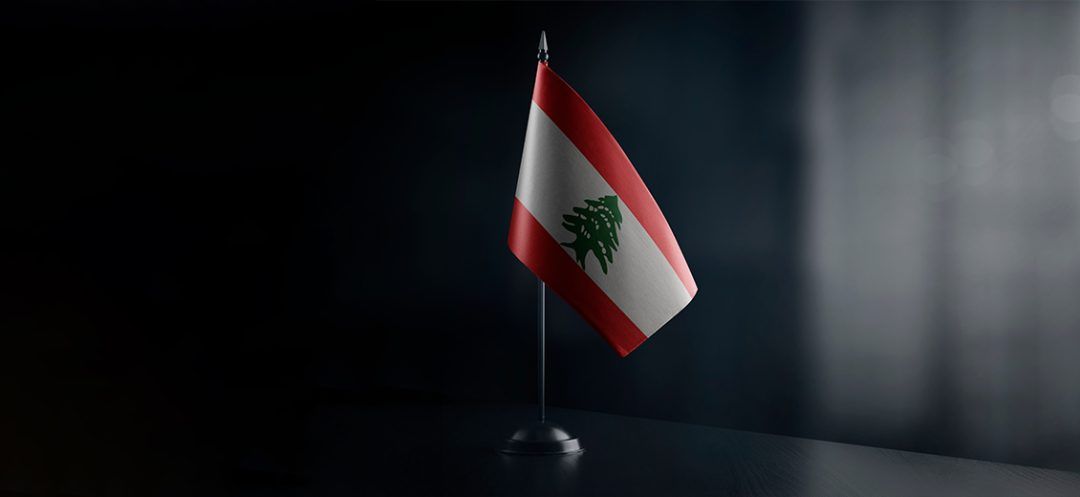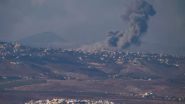
An event that received fleeting media coverage at the end of last week holds significant symbolism in Lebanon's political and social landscape.
It involved the attack on newly introduced buses that the government put into operation on Thursday, marking an initial stride in public-private sector collaboration. Operational control was delegated to a private company, with the state retaining profits after deducting operating costs.
At first sight, this initiative seemed outstanding. TV cameras captured the buses in their pristine condition, showcasing the private company's meticulous attention to detail and determination to uphold their appearance.
Importantly, these buses revitalized the once-burdened Railway Authority, notorious for its inefficiency, as parts of efforts to streamline public transport.
However, what occurred the following day was deeply disheartening. Images circulated of the buses vandalized in the Dora area of Beirut, brutally smashed without regard.
Notably, the perpetrators are identifiable: public transport drivers, feeling threatened by the new buses, resorted to vandalism to protect their livelihoods.
From a humanitarian standpoint, our empathy naturally extends to these drivers, who face potential income loss amidst Lebanon’s severe economic crisis without prior warning.
However, when envisioning a functional state, legal considerations are paramount. The attack on the buses violates the law and damages state property, and poses potential risks to nearby citizens.
Consider, for instance, if private generator owners across various regions attacked the power grid in response to a permanent solution to Lebanon's electricity woes.
Or if insurance company owners vandalized social security offices upon the reinstatement of comprehensive health coverage, rendering private insurance redundant.
Or if private universities were targeted should university strikes cease, eliminating the need for private institutions.
While these scenarios are theoretical, they underscore potential challenges as Lebanon strives for progress. The state's advancement could encounter resistance from entities thriving on its vulnerabilities, prompting reflection on whether progress will provoke opposition from those benefiting from the current status quo.
It involved the attack on newly introduced buses that the government put into operation on Thursday, marking an initial stride in public-private sector collaboration. Operational control was delegated to a private company, with the state retaining profits after deducting operating costs.
At first sight, this initiative seemed outstanding. TV cameras captured the buses in their pristine condition, showcasing the private company's meticulous attention to detail and determination to uphold their appearance.
Importantly, these buses revitalized the once-burdened Railway Authority, notorious for its inefficiency, as parts of efforts to streamline public transport.
However, what occurred the following day was deeply disheartening. Images circulated of the buses vandalized in the Dora area of Beirut, brutally smashed without regard.
Notably, the perpetrators are identifiable: public transport drivers, feeling threatened by the new buses, resorted to vandalism to protect their livelihoods.
From a humanitarian standpoint, our empathy naturally extends to these drivers, who face potential income loss amidst Lebanon’s severe economic crisis without prior warning.
However, when envisioning a functional state, legal considerations are paramount. The attack on the buses violates the law and damages state property, and poses potential risks to nearby citizens.
Consider, for instance, if private generator owners across various regions attacked the power grid in response to a permanent solution to Lebanon's electricity woes.
Or if insurance company owners vandalized social security offices upon the reinstatement of comprehensive health coverage, rendering private insurance redundant.
Or if private universities were targeted should university strikes cease, eliminating the need for private institutions.
While these scenarios are theoretical, they underscore potential challenges as Lebanon strives for progress. The state's advancement could encounter resistance from entities thriving on its vulnerabilities, prompting reflection on whether progress will provoke opposition from those benefiting from the current status quo.
Read more



Comments